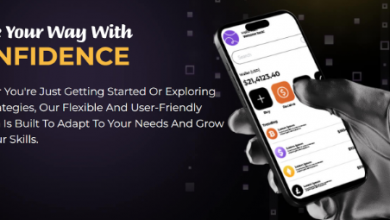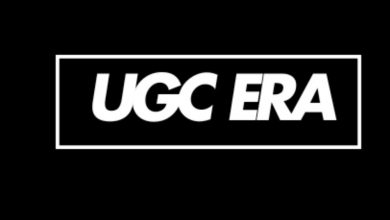HJT Crypto launches 1 day XRP mining contract – XRP short-term investment users surge 500%

HJT Crypto, the global leader in cloud mining, today announced the launch of 1-day XRP cloud mining contracts, providing investors with flexible and efficient opportunities to accumulate XRP. The product has received a warm response from the market. In just one week, the number of short-term XRP investors on the platform surged by 500%, reflecting the strong market demand for low-threshold, high-liquidity cryptocurrency investment products.
1-day XRP mining contract is the latest short-term cryptocurrency mining product launched by HJT Crypto following the great success of Bitcoin, Ethereum and Dogecoin cloud mining contracts. With ultra-low entry barriers, flexible terms and stable returns, this XRP-focused solution has quickly become the first choice for XRP holders and short-term investors.

In the fast-moving world of cryptocurrency, ease of use and sustainable profitability are crucial. For newbies looking for a reliable source of passive income, HJT Crypto’s cloud mining service is an attractive option.
What is HJT Crypto Cloud Mining?
HJT Crypto Cloud Mining is a remote cryptocurrency mining solution that supports a variety of digital assets including XRP. Users can earn income by leveraging HJT Crypto’s powerful computing power without having to purchase mining hardware or perform technical maintenance. HJT Crypto has a powerful mining farm that allows users to receive real-time mining rewards while continuously solving complex blockchain problems.
Main advantages of HJT Crypto cloud mining
- No hardware required: No need to buy expensive equipment – users use the platform’s powerful resources for mining. Zero maintenance costs: Power, repairs and operations are entirely the responsibility of HJT Crypto.
- Green energy efficiency: All mining operations are powered by solar and wind energy – sustainable and cost-effective.
- Newbie friendly: No technical skills are required. New users can immediately receive a $12 registration bonus.
- Daily stable income: Daily income, full return of principal at contract expiration, guarantee of fund security.
- Flexible contract options: Investment plans range from $100 to $100,000, and contract terms range from 1 day to 50 days.
$12 mining contract – 1 day – earn $0.60 per day;
$100 mining contract – 2 days – earn $3.5 per day;
$500 mining contract – 5 days – earn $6.25 per day;
$1,000 mining contract – 10 days – earn $13 per day;
$5,000 mining contract – 30 days – earn $75 per day.
Click here to learn more about mining contracts.
Cloud Mining Contract Strategy: Cloud Mining Contract Strategy Based on Actual Results
With the launch of 1-day XRP contracts, HJT Cryptog has opened its high-performance cloud mining infrastructure to the public – free access. Since its inception in 2020, the platform has expanded to 190 countries and regions, with more than 9 million active users, and has achieved outstanding results. These performance data are not predictions, but real experiences of millions of users, thanks to HJT Crypto’s AI-based profit optimization and result-centric mining model
How to get started with HJT Crypto cloud mining
- Sign up: Sign up on https://hjtcrypto.net/ now to get a $12 welcome bonus, plus a $0.60 daily login bonus.
- Choose a contract: Select a mining plan that fits your budget and financial goals. HJT Crypto offers solutions for both beginners and advanced investors.
- Start earning: Once your contract is activated, HJT Crypto’s smart platform will do the rest – ensuring a seamless, efficient mining operation to maximize your earnings.
About HJT Crypto
HJT Crypto is committed to establishing long-term trust-based cooperative relationships with global users with the vision of “convenient and efficient cloud services and intelligent operation and maintenance management”. Relying on a strong technical background and stable mining infrastructure, we continue to promote the innovative development of digital currency cloud mining. We strive to break the limitations of geography and technology to make cryptocurrency mining smarter, simpler and more inclusive. Our goal is to provide global users with a safe, reliable and long-term cloud mining platform so that everyone can easily participate in and share the fruits of the future digital economy.
Full details and how to participate: https://hjtcrypto.net/
Disclaimer: The information provided in this press release does not constitute an investment solicitation, nor does it constitute investment advice, financial advice, or a trading recommendation. Cryptocurrency mining and staking involve risks and may result in loss of funds. It is strongly recommended that you perform due diligence, including consulting a professional financial advisor, before investing or trading in cryptocurrencies and securities.




